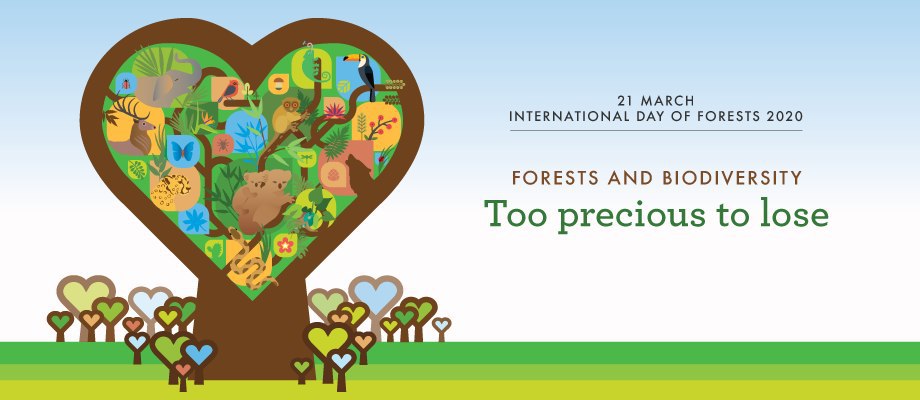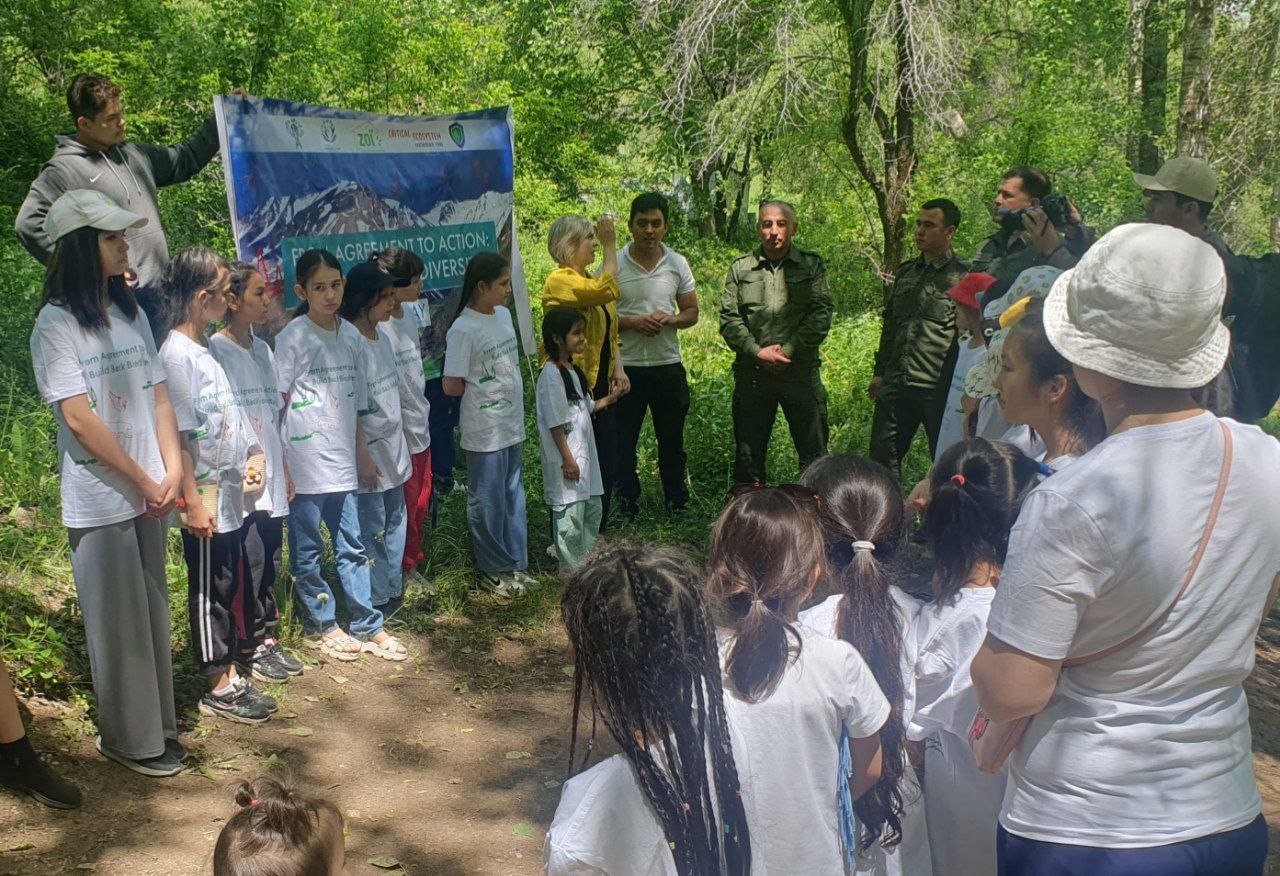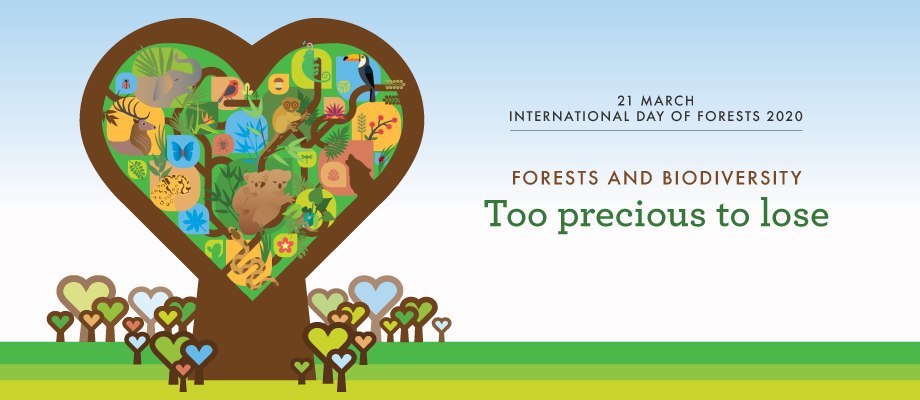Not only human life is closely connected with the forest. Forests are vital for biodiversity. Forests shelter 80% of all living organisms on earth. However, millions of hectares of forests disappear annually, and biodiversity is in serious danger. Scientists have concluded that over the past 40 years, the population of all forest species has halved on average! Forests die from fires, illegal logging, natural disasters, pests and other causes.
More than a billion people directly depend on forests as a source of food, shelter, energy resources and income. Sustainable forest management and restoration as needed is vital to people, biodiversity and climate.
In Uzbekistan, the total land area of the State Forest Fund is 9.6 million hectares, that is 21.7% of the total area of the republic. Moreover, the country's forest cover, that is, the ratio of the forested area to the total territory, is 6.7%. According to the orographic and soil-climatic conditions, forests in Uzbekistan are divided into mountain, valley-floodplain and desert. In the mountains, 11% of the total forest area of Uzbekistan is occupied by coniferous species, and more than 3% under walnut trees.
Forests are a source of non-wood products - nuts (walnuts, pistachios, almonds, etc.), fruits (apple, pear, cherry plum, apricot, hawthorn, barberry, etc.), mushrooms, berries, medical plants, tannins and dyes.
Relict walnut and other wild fruit forests grow in low mountains and mid mountains, i.e. the most favorable areas for living and therefore experience increased anthropogenic stress. The tangible damage to the forest fund is also inflicted by unreasonable and unregulated grazing, and, accordingly, the destruction of undergrowth and reproduction of the forest fund.
The problem of preserving the forest and its wealth today is among the most important environmental problems for all countries of the world. In recent years, trends related to deforestation of the Earth have been alarming not only for ecologists, but also for the entire international community.
Within the framework of the ELSOFP Central Asia project (Expansion of Kyrgyz, Tajik and Uzbek local smallholder organic agriculture and forest-based food products to EU Markets), it is planned to involve forest users and small farmers in the process of sustainable management of natural resources, using organic production methods and assisting in the development of ecosystem services that will at the same time reduce the negative impact on the forest fund.
In Central Asia, it is important to establish a certification system for organic agriculture and responsible forest management that reflects the preferences of traders and end users in the EU target markets.
The use of non-wood, food and medicinal resources of the forest every year becomes more and more relevant and popular. Gradually, realization that the harvesting and use of non-timber forest resources can bring a steady income from the territory for an unlimited amount of time, in contrast to large-scale industrial continuous logging, is increasing. Due to the trend in the use of healthy, environmentally friendly food, the demand for natural products from processing forest food resources is not decreasing, but, on the contrary, growing all the time.
Local smallholder farmers and forest users will benefit from promoting innovative farming and forest management practices (e.g., organic farming, sustainable forest management), providing market information, certification, business skills and similar measures, ultimately contributing to increased farmers' incomes and increased motivation to maintain and forest protection.













